Finding the right career path can be challenging and job seekers often face many obstacles – making the process even more daunting.
The good news is, with proper tips and insights, anyone can navigate the job market more effectively and find a career that’s both rewarding and fulfilling!
In this post, we’ll highlight some challenges you may face as a job seeker and explain how you can use the information in this post to overcome them.
So, let’s discuss what to do on your journey to finding the right career path!
Assessing your Talents
The first step in finding a career you love is assessing your talents.
Knowing your interests, values and skills is critical before determining your ideal job.
Self-assessment tools can help you better understand what drives you.
Finding a job that aligns with your goals and passions is challenging without this knowledge.
Identifying your skills and values is an essential part of self-assessment, as it can provide valuable insights into the type of work for which you are best suited.
Knowing what you are good at and enjoy doing can help you target jobs that fit your unique personality and skills.
It can also help you avoid jobs that are not a good fit, leading to job dissatisfaction and burnout.
Two popular assessment tools that can help you identify your talents and interests are the Holland Type Personality and Myers-Briggs Type Indicator assessments.
The Holland Type Personality test evaluates your interests and how they relate to specific job categories.
It can help you identify potential career paths that align with your interests and provide insight into your work style.
On the other hand, Myers-Briggs evaluates your personality type, including your communication and decision-making styles, which can help you identify work environments that suit your personality.
By taking the time to identify your strengths and weaknesses, you can better assess if a job will be a good fit.
Job Hunting Strategies
Next, you’ll want to brush up on skills relating to finding jobs for which to apply.
Job hunting can be a frustrating and overwhelming process.
With hundreds of applications submitted for a single job opening, getting noticed by employers can seem impossible.
However, there are strategies that job seekers can use to increase their chances of success!
The first challenge job seekers typically face in applying for a job is finding a job that will be a good fit.
Job seekers should research the company and their culture before applying.
Job seekers should take the time to learn about a company’s mission statement, values and culture to determine if they would be a good fit.
This research can also help job seekers tailor their application materials to highlight how their skills and experience align with the company’s mission and values.
The next challenge is navigating many companies’ applicant tracking systems (ATS).
These systems filter resumes based on specific keywords and criteria, making it challenging for job seekers to surpass the initial screening.
To overcome this obstacle, job seekers can tailor their resumes and cover letters to include the keywords and phrases used in the job posting, making it more likely that their application will make it through the ATS and into the hands of a hiring manager.
Networking is another powerful tool that can pay significant dividends.
Social media platforms like LinkedIn allow job seekers to connect with professionals in their desired field, learn about job openings and even get a referral.
Networking can also help job seekers gain insight into a company’s culture and hiring process, which can be beneficial when preparing for an interview.
It’s essential to apply only for jobs that you are qualified for and truly want.
Applying for positions you are not qualified for can result in wasted time and effort as well as damage your reputation with potential employers.
Instead, focus on applying for jobs that align with your skills and interests and that you would be genuinely excited to pursue.
Finally, tracking your progress and following up with thank-you notes can be a game-changer in a job hunt.
Job seekers should find a way to track where they are in the application process and what steps to take next.
The key is to help you stay organized and on track.
Following up with a thank-you note after an interview can also help you stand out and leave a positive impression with the hiring manager.
Conclusion
Although the path to finding a job can be difficult and frustrating, it’s not impossible!
With the right skills and techniques, anyone can land and be successful in a position they love.
The methods mentioned in this post can aid you on your journey.
For more tips to help you nail that interview, grow in your position, or gain essential skills to help you in your career, sign up for our 5-minute power courses and see how we can help!



